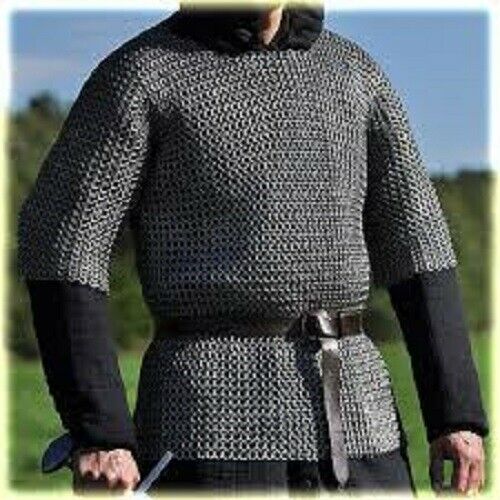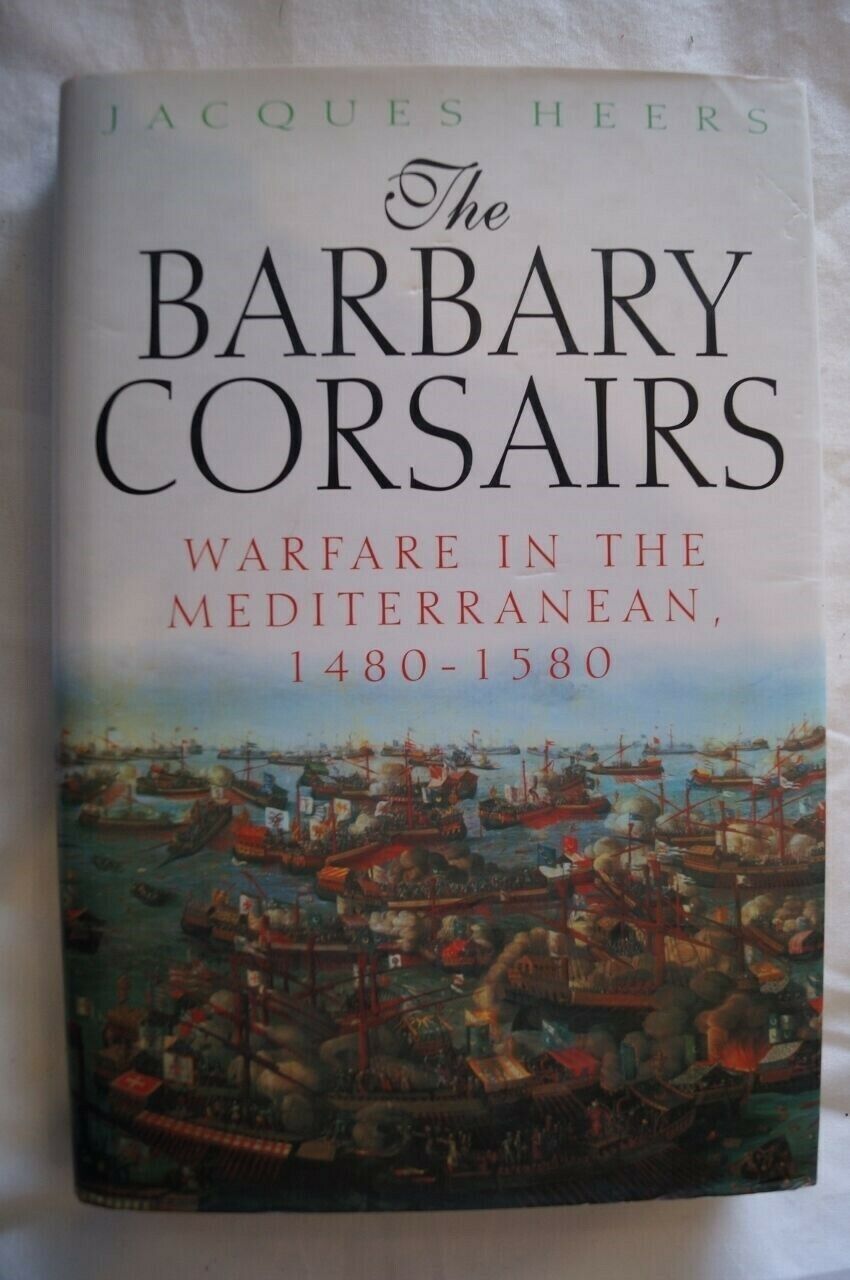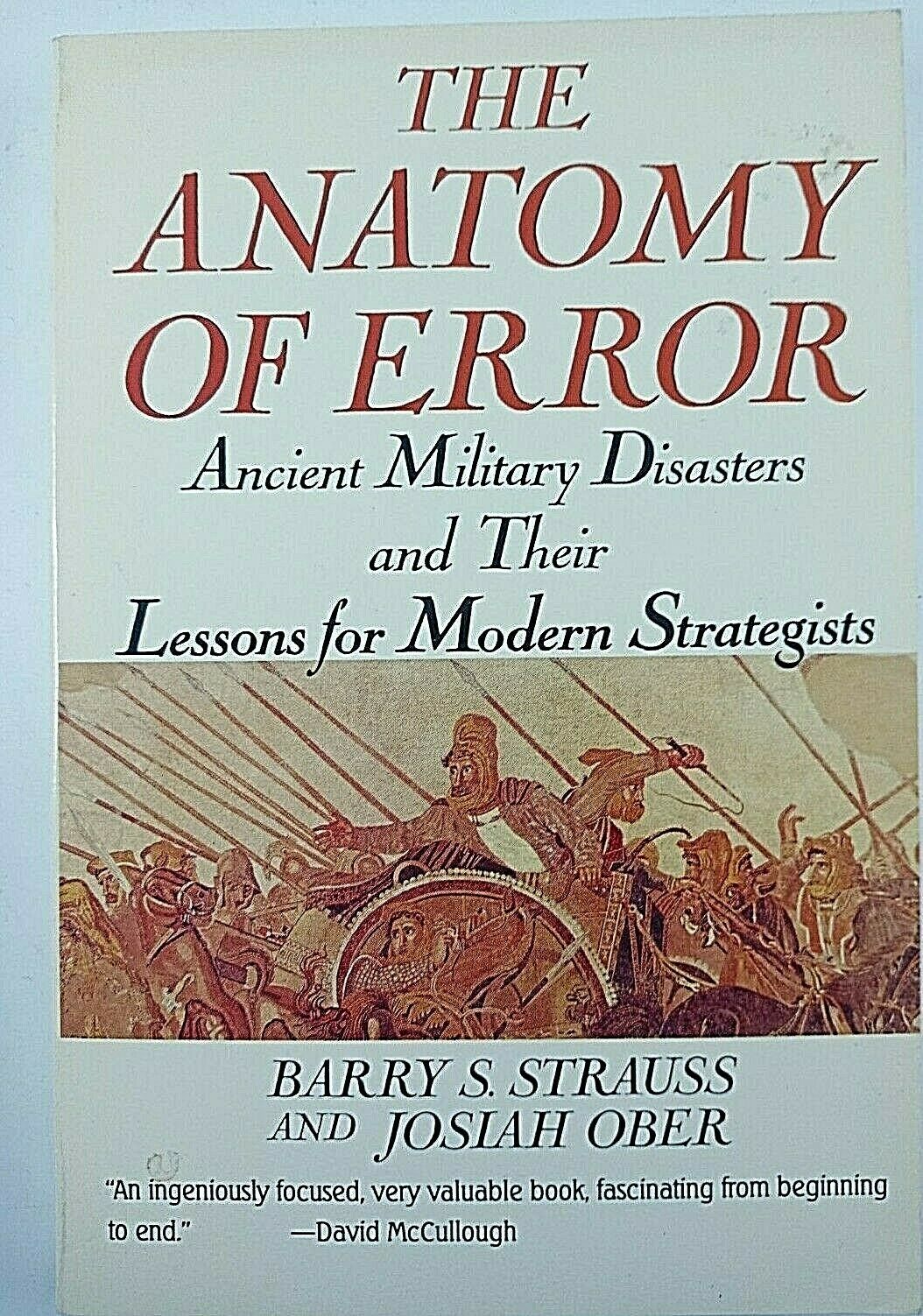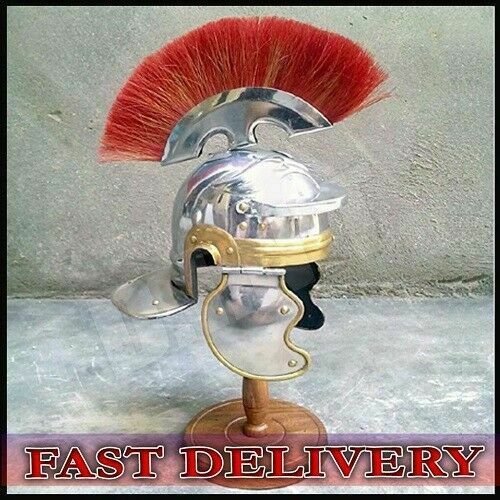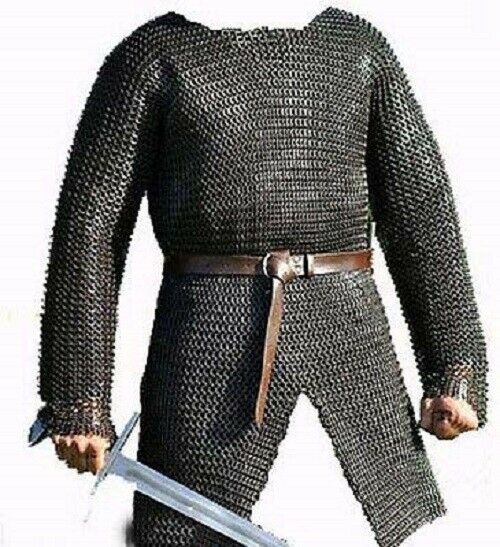-40%
Shell guard rapier with Toledo rosarial blade, Spain 17th & early 18th century
$ 1504.8
- Description
- Size Guide
Description
From my collection,this
is a
n intriguing
Spanish military rapier which exemplifies the common practice of retaining
cherished or valuable
high quality blades over generations while updating them periodically with the latest hilt fashion.
H
istorical Context:
This example
has
a
n interesting
17
th
century
signed
blade
with lines featuring intermittent groupings of highly precise punched dots
along
the
central
fuller
on both sides
, characteristic of high-quality Toledo blades
(Marek, 2014, p. 89)
.The geometry of these intricate doted lines,
together with
the cross mark at the end of the fuller,
is said to replicate the shape of
the
rosary,
hence their reference as rosarial blades
(Johnson, Ernoehazy & Muir, 2011, p. 1)
.
The inscriptions
within the fullers
are
also
of interest. They read IOANNES in one fuller and ME FECIT
i
n the other. The name IOANNES is
usually seen in
German
blade-making
so its presence on a Toledo blade may link this blade to a group of
German
swordsmith
s
who
traveled
from Solingen
to Toledo in the early 17
th
century.
This possible link would narrow the date of the blade’s manufacture to the first half of the 17
th
century.
This prized blade
was
likely
married to
a 17
th
century hilt
for many decades, until it
was ‘updated’ with the popular shell guard hilt
at the end of
the century or
in
the first quarter of
the 18
th
century. In addition to the blade, the grip also
retains
17
th
century
features
,
such as
twisted steel wiring and Turks heads,
which are quite different from the standardized military regulation grip seen
in 18
th
century examples, especially
from 1728 onward
.
In his 1980
typolog
ical
reference
book,
The Rapier and the Small Sword, 1460-1820
, A. V. B. Norman classifies this hilt as Type
82
.
T
his
hilt
type
was popular and
had a
long
production
time-span,
well over a century, from the mid 17
th
century to the end of the 18
th
century.
Origin & Dating:
Spain, likely Toledo.
Blade, grip and possibly pommel: 17
th
century. Hilt: late 17
th
or early 18
th
century.
Description:
Iron hilt Norman Type 82 (p. 156), dated to 1660-1795. This particular hilt consists of a single convex shell subdivided in two unequal opposing bivalves screwed to the guard at the center, both shells inclined towards the pommel
.
The guard features graceful quillons recurved in the plane of the blade. Both the quillons and the knuckle-bow bars feature decorative sculpted median (knuckle-bow) and finials.
Iron pommel, Norman Type 66 (p. 269), dated from about 1630. Compressed smooth ovoid form with stand and prominent button.
Wooden grip horizontally bound with twisted steel wire and Turk's heads.
Straight, double-edged blade, of depressed diamond cross section, with a single deep short central fuller at the forte on both sides of the blade.
Each of the blade’s fullers is framed by thin lines and intermittent series of precisely punched dots, terminating with the mark of a cross, sometime also interpreted as an anchor, and associated with 17
th
century Spain (Gyngell, 1966, p. 117, Lenkiewicz, 1991, p. 85). The inside of one fuller is inscribed with the name IOANNES, framed by two doted crosses, while the other fuller is inscribed with ME FECIT, also framed by two doted crosses. See the above section “Historical Context” for more details about the possible implications of these inscriptions.
Condition:
Good. No crack, damage or repair. Sound blade, with no known defect.
Point of balance
10
cm from the shell guard.
Provenance:
Munich, Bavaria, Germany.
The location and identity of prior owner(s) and/or prior collection name(s) is not available.
Dimensions:
Total length: 117 cm. Blade length (including ricasso): 100 cm.
This cavalry rapier is a fine example of 17
th
century Spanish bladesmithing, when blades from Toledo and Valencia were sought after throughout Europe. The care given to the blade for many decades by successive owners or possibly family members who updated the hilt to reflect changing fashions conveys a special historical dimension to this piece. It will
make an outstanding addition to any edge weapons collection.
***TERMS AND CONDITION OF SALE - PLEASE READ BEFORE MAKING AN OFFER OR PURCHASING***
Terms and Conditions of Sale:
By submitting an offer to purchase, or purchasing outright, the Buyer explicitly confirms that he/she had read and agrees with each of the Terms and Conditions of Sale as detailed below:
It is the sole responsibility of the Buyer to satisfy him/herself of an item's age, authenticity, condition and availability status
before
the purchase.
If the prospective Buyer is uncertain about, and/or does not agree with any component of the listing’s content, such as but not limited to: the description section, the historical context section, the authenticity, dating or condition of the item, it is strongly suggested that the prospective Buyer not purchase the item.
Buyer agrees that the item is sold “AS IS”. The sale is final, with any and all faults and without warranty or guarantee of any statement as to historical context, description, dating, authenticity or condition.
The Seller will describe and provide information about the item to the best of his knowledge in the description and in the historical context sections of the listing, but he will not be held responsible for errors or omissions in these sections and/or in any other part of the listing.
The Buyer is responsible to determine that all information provided is complete to his/her satisfaction.
To decide whether to purchase the item or not, the buyer must conduct and rely solely upon his/her own corroboration of the listing’s content and review of the photos
prior
to the purchase of the item.
Conversely, the purchase of the item explicitly confirms that the Buyer has read the entire content of the eBay listing, including but not limited to the Terms and Conditions of Sale, and agrees with all sections of the listing’s content.










